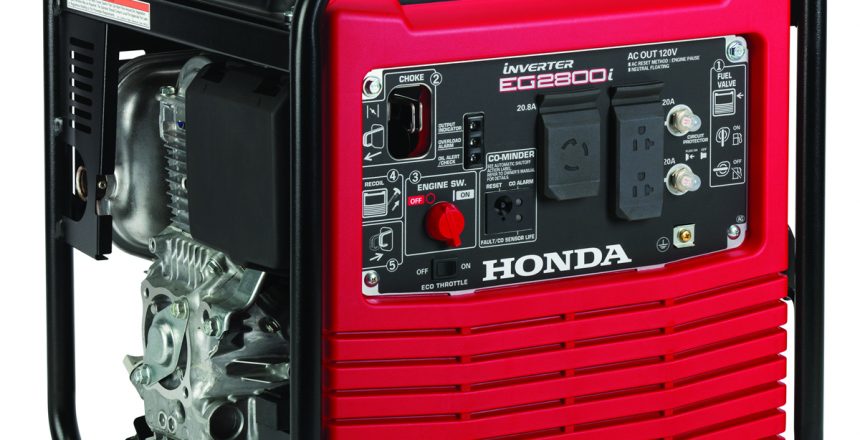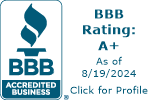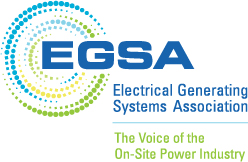Summer heat can mean a lot of trouble for your local power grid. As many homes rely on their air conditioning and HVAC systems to keep cool, the higher demand and constant stress on the grid put it in danger of causing power outages in your neighborhood. To help bring power to the home’s necessities, families will rely on a home backup generator.
Generators are useful for making sure the food in your refrigerator does not spoil, and that the ice cream in the freezer does not melt. But besides that, there are risks for using a home backup generator if it is not used properly or safely. Misuse of your generator could lead to carbon monoxide poisoning.
Carbon monoxide is an odorless, colorless gas that can kill you. It is found in the fumes produced by burning fuel, such as the fumes from cars, small engines, grills, and generators. When enough carbon monoxide builds up indoors, it will poison people and animals who breathe it in.
The most common symptoms of carbon monoxide poisoning are headache, dizziness, upset stomach, vomiting, chest pain, and confusion. Breathing in too much carbon monoxide can make you pass out and eventually kill you. Anybody can be put at risk of carbon monoxide poisoning.
To prevent carbon monoxide poisoning or other injuries, you need to know how to run your generator safely. The first and most important tip is to never run your generator in an enclosed space, or indoors. Areas like a basement or garage can quickly build up deadly amounts of carbon monoxide. You should even place your generator at least 20 feet away from your house so the exhaust cannot come through open doors or windows.
Because generators run on gasoline, you want to make sure you have enough stored properly in case of an extended length of time that your power is out. With extra fuel on hand, you can ease some of your worries. Before refueling your generator, you need to turn it off and allow the engine to cool to avoid damage or injuries.
Installing a transfer switch will also better prepare you for a power outage. A transfer switch connects the generator to your circuit panel, and it allows you to power hard-wired appliances while avoiding the use of extension cords. Transfer switches also prevent you from overloading the generator.
Power outages caused by summer storms or high heat can be remedied by proper installation and use of a home backup generator. Coffman Electrical Equipment Company has helped our customers solve their power problems for more than 70 years. For more information on providing temporary power to your construction site, call Coffman Electrical Equipment Company today at 888-331-5344.



